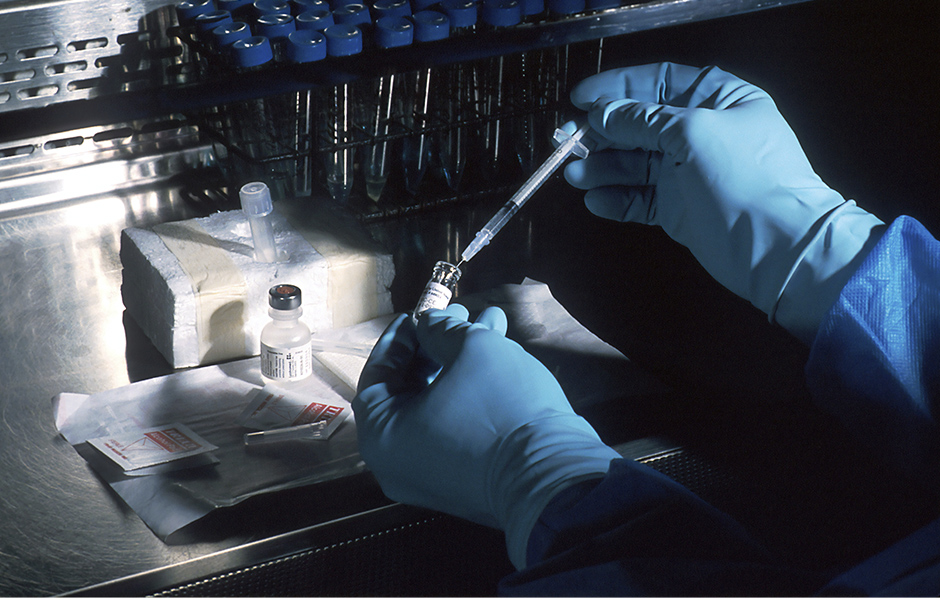A team of Portuguese researchers has raised 2.1 million euros to develop a new treatment against advanced tumors. The project, the first of its kind in Portugal, brings together the Portuguese company Stemmaters, the Portuguese Institute of Oncology of Porto (IPO-Porto), the NOVA School of Science and Technology at the NOVA University of Lisbon (FCT NOVA) and CINTESIS – Center for Health Technology and Services Research. The consortium seeks to associate the use of promising dendritic cell antitumor vaccines with antibodies for the treatment of solid tumors.
At a time when data made available by the Directorate General of Health reveals that the incidence of oncological diseases has increased in Portugal, along with mortality, it is crucial to develop new treatments that may prove effective in the most difficult cases and even open a window of hope in the case of cancers considered incurable.
It was with the intention of exploring a new solution that the company and Portuguese researchers came together around the DCMATTERS project – Combination of dendritic cell vaccine with immune checkpoint inhibitors as first-line therapy in patients with solid malignancies.
Dendritic cell-based anti-tumor vaccines are an “attractive immunotherapy, due to the unique ability of these cells to activate cytotoxic T lymphocytes with activity against tumor cells and induce an immune response, protecting patients from tumor progression and possible relapses”, explains Júlio Oliveira, from IPO-Porto. However, recent studies show that only 10 to 25% of patients respond well to this therapeutic approach.
Therefore, the research team decided to test the use of dendritic cell-based vaccines in association with the use of another already well-known drug – immune checkpoint inhibitor antibodies. It is hoped that combining the two cancer-fighting strategies will create a therapeutic synergy that will result in greater benefits for patients.
DCMATTERS explores “a new cancer-fighting paradigm, combining technologies for manipulating cells of the immune system and blocking the control mechanisms of the immune response, with a view to developing a new immunotherapeutic approach for treating solid tumors,” the researchers explain.
At the industrial level, the project will allow the development and manufacture of third-generation dendritic cells with a greater capacity to induce an antitumor response. At the clinical level, a phase I clinical trial of first-line combination therapy (in patients already candidates for treatment with immune checkpoint inhibitors) will be designed.
Hence, the project promises to establish, in a pioneering way in Portugal, “industrial manufacturing capacity for new cellular immunotherapies, contributing to the clinical development of innovative immunotherapies in our country,” summarizes Rui Sousa, project coordinator and executive director of Stemmatters.
DCMATTERS has a multidisciplinary research team composed of scientists and clinicians from four Portuguese entities. It is funded by the Portugal 2020 program.

